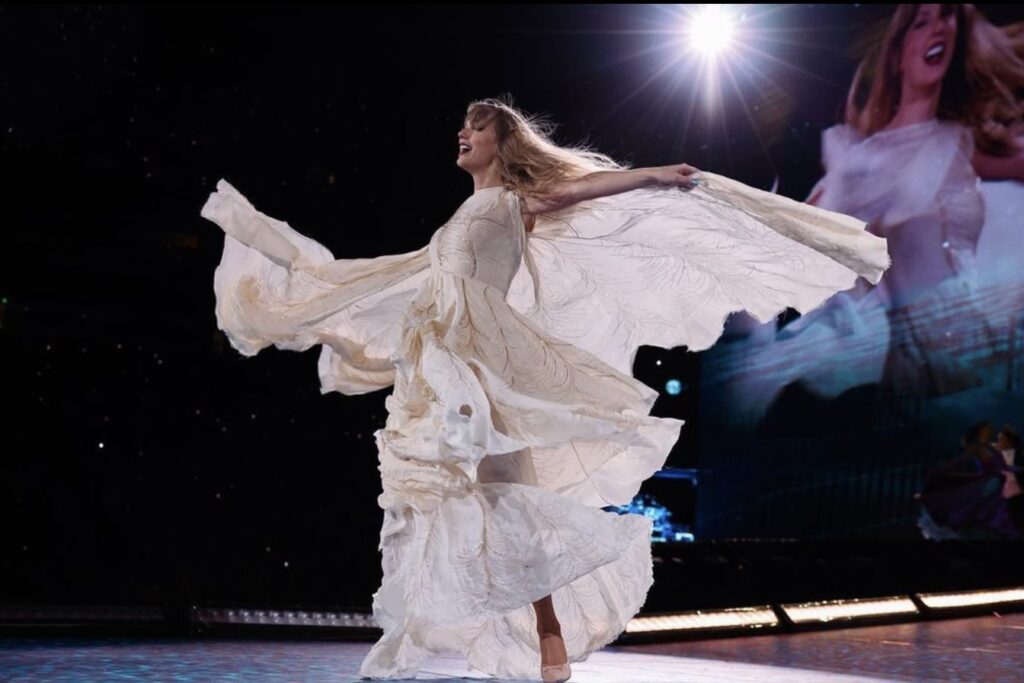Deepfake video of Taylor Swift speaking Mandarin sparks discussion over AI

Taylor Swift garnered the attention of her Chinese fans this week as clips of her speaking fluent Mandarin went viral on Chinese social media.
In a video shared on the Chinese platform Weibo, the 33-year-old pop star showcased her Mandarin-speaking abilities, with a slight American accent, in what appeared to be a talk show.
Swift said in Mandarin, “Recently, I’ve been to many places, like Italy, France, and Japan.” The video, posted on October 21, has since amassed over 6 million views.

Being available to everyone
In another video, Swift discussed songs that tend to “get left behind” and expressed her desire for people to hear these tracks.
The surprising element is that Swift’s Mandarin proficiency was actually achieved with the assistance of artificial intelligence (AI). The deepfake videos were created using an AI tool from HeyGen, a Chinese startup, according to The China Project news outlet. The tool synchronized her lip movements with her Mandarin speech, closely resembling Swift’s actual voice. This realistic AI-driven performance left Chinese netizens amazed by the technology, with comments like “This is awesome!” There was even requests for Mandarin versions of their loved shows.
Pros and cons of Deepfake
However, the technology also sparked conversations about potential drawbacks as AI continues to advance, including concerns about scams and job displacement. One netizen pointed out that the most alarming aspect is the potential misuse of this technology for fake news, as the AI can manipulate both voice and mouth movements, making it easy for people to believe deceptive content. Another Weibo user expressed concern that this AI technology could be used for fraudulent purposes, allowing criminals to deceive victims into giving them money.
HeyGen, the company responsible for the video creation tool, was co-founded in November 2020 by Joshua Xu and Wayne Liang. Their AI-powered video generator enables users to create text-to-speech videos in over 300 voices, spanning more than 40 languages, using more than 100 AI avatars with various ethnicities, ages, poses, and attire.
Enjoying this article?
Subscribe to get more stories like this delivered to your inbox.
Possibility of scamming
The development of such technology has raised concerns about its potential for criminal applications. Earlier this year, a scammer in northern China used deepfake technology to trick a man into transferring a substantial sum of money to someone impersonating a friend during a video call.
In January, China implemented new regulations requiring businesses offering deepfake services to verify the real identities of their users and appropriately tag deepfake content to prevent confusion.
Read More News
Michelle Obama’s has mixed feelings about her daughters Malia and Sasha’s new home
Cover Photo: Instagram
